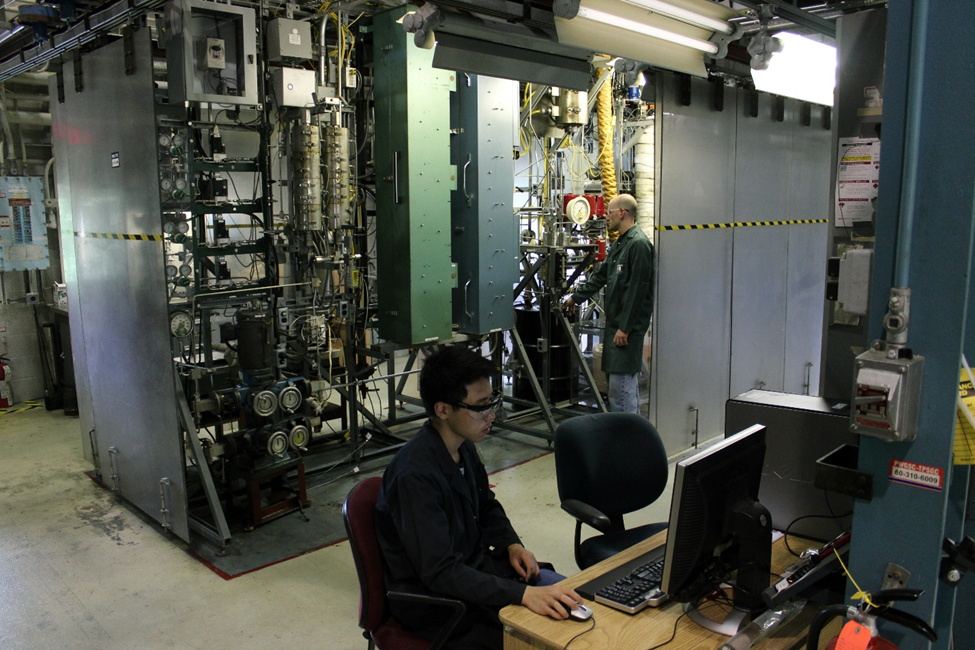Project location: CanmetENERGY Ottawa
Timeline: 5 years (2023 to 2028)
Program: Bioenergy
Project description
To achieve Canada’s net-zero carbon emissions by 2050, the adoption of low-carbon drop-in biofuels is critical to decarbonizing the hard-to-electrify transportation modes such as aviation, marine, long-distance trucking, and rail. This project will address the technical barriers to producing drop-in sustainable aviation fuel (SAF) and renewable diesel from various biomass-derived intermediates.
Bio-intermediates investigated include not only biocrudes derived from low-cost lignocellulosic biomass (forest residues and agricultural wastes), microalgae, and sludges from wastewater treatment but also different lignin-derived materials. These bio-intermediates cannot be used directly as drop-in biofuels for transportation due to their properties incompatible with petroleum-derived fuels.
Impact and Innovation
The technical challenges addressed involve eliminating impurities and oxygen in bio-intermediates, modifying the chemical profile of biofuel products, meeting fuel standards, and improving product yields thus reducing their carbon intensity and cost. The optimal upgrading approaches for different bio-intermediates will be identified by performing experimental evaluation, and product properties will be assessed against the SAF and renewable diesel specifications to determine promising pathways. The technical information gained will be provided to Canadian companies in support of their efforts to scale up SAF and renewable diesel technologies.

Figure 1 CanmetENERGY-Ottawa’s continuous semi-pilot scale process development unit.